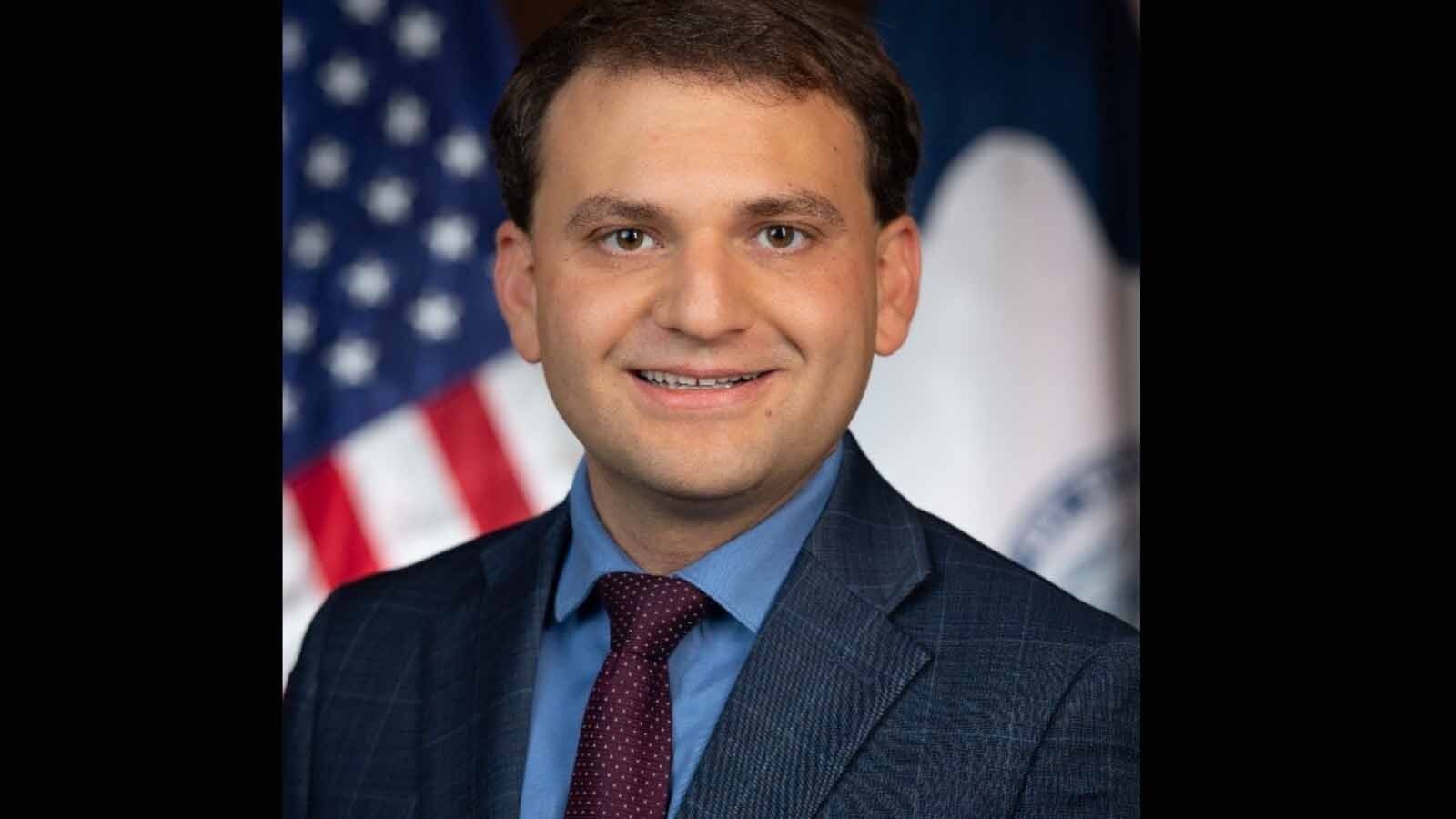The musical, Hamilton, tells the story of the founding father depicted on the ten-dollar bill. Alexander Hamilton’s contributions to America are nothing short of amazing—both in their diversity and in their lasting impact.
Among Hamilton’s many accomplishments: he was the principal author of the Federalist Papers. These documents were written after the Constitutional Convention of 1887 to persuade the people of New York to ratify the Constitution it had crafted.
Hamilton penned 51 of the 85 papers in only six months. They are the best interpretive guide to the U.S. Constitution that we have. If the musical, Hamilton, does nothing more than to revive an interest in the Federalist Papers, our state and country will be the winners.
Ignorance of these papers and of the Constitution they defend renders voters impotent to hold elected officials to account for their violations of constitutional principles. Without this tool, they can only watch helplessly as the promise of America fades away from their children and grandchildren.
As Wyoming approaches the August primaries, it would be great to hear questions about the Federalist Papers asked at candidate forums. The Federalist Papers, like the U.S. Constitution they defend, are not on the fringes of American life; they are at its very core. Candidates should be expected to know and agree with their principles.
The Constitution is as centrist as it gets. No one should be labeled “extreme right-wingers” for taking time to know our common foundation and defending it against perversions. Both the Right and the Left of the political spectrum ought to stand for the Federalist Papers.
That would be a giant step forward from the petty bickering and identity politics that characterize most of today’s political discourse. Consider the press coverage of the recent Wyoming Republican Party convention.
For the past three weeks, we have been treated to a steady stream of misrepresentations of the convention’s happenings. A few of the delegates who voted with the minority on key issues have received extremely disproportionate representation in the press.
Stories and opinion pieces, written by people whom I never saw at the convention, have flipped the narrative. Almost every vote was decided by a near-70 percent majority. This is anything but a small cadre from the “radical right.” Those peddling the narrative that some “far-right party leadership” hijacked the convention are lying to you.
The delegates and the delegates alone guided the conventions decisions. First, they ratified the election results from the May 9, 2020 online convention. Second, they adopted a platform that embodies the constitutional principles laid out in the Federalist Papers. Third, they clarified that donations intended to support this constitutional platform should go to candidates who actually support it.
If any delegate could show that the GOP platform did not faithfully represent constitutional principles, the convention would have gladly adopted any improvements needed. That deep desire to uphold and support the Constitution and the principles of Hamilton, Madison and Jay characterized the entire convention.
Those who portray this desire as, somehow, “right-wing” should be ashamed of themselves, as should those who spread lies in the media and level personal attacks against party leadership. Open and honest debate on constitutional principles would elevate public discourse. Hiding policy disagreements by incessant personal attacks does not.
One major theme of Hamilton, the musical, centers on the question: Who tells your story? Much hinges on this question. The enemies of Hamilton sought to tell his story in the worst light possible. Aaron Burr first made a personal attack on his reputation. Eventually, Burr killed him in a duel. But Hamilton’s wife, Elizabeth, told his true story.
It is amazing how a man so instrumental in the formation of the American republic came so close to being lost to history. Had it not been for Elizabeth’s dogged determination to gather the facts and tell her husband’s story, this amazing man and the principles that he stood for may never have been known to our generation.
The same goes for the principles and people of our day. It is not enough to know the truth and keep it to yourself. We are all responsible for telling the story. Just because one narrative is told with a megaphone does not make that story true. The powerful and dominating enemies of Hamilton could not ultimately defeat the story that his faithful wife told.
Elizabeth’s voice was small but it was true and steady. Americans know the face of Hamilton and carry his picture in their wallet in large part because of Elizabeth’s voice.
We can honor her work by studying the Constitution that he helped to create. We can advance his cause by telling the true stories of those who labor to uphold Hamilton’s principles still today.





